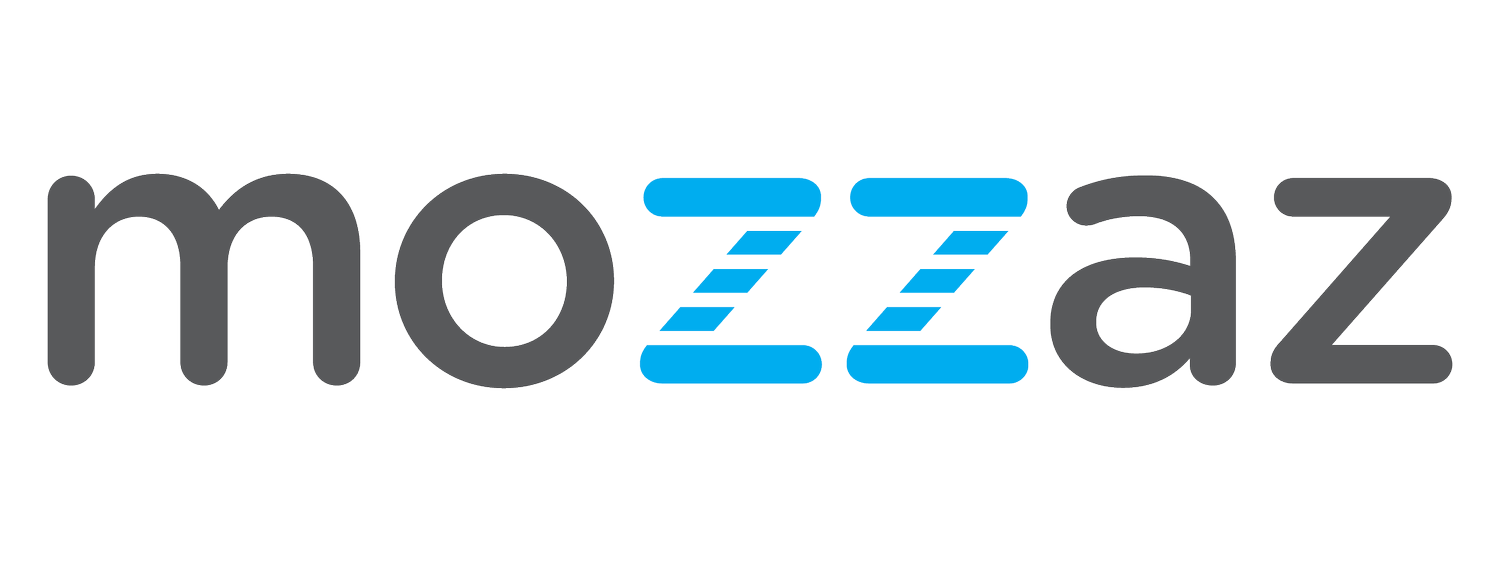Navigating the Healthcare Landscape: Data Privacy in 2024
In an era where digital innovation is transforming the healthcare landscape, the importance of safeguarding patient information has never been more critical. As we acknowledge Data Privacy Week, it's essential to examine the evolving landscape of healthcare data privacy, understanding its nuances, legal implications, and the practical steps healthcare providers can take to ensure robust data security in all aspects of the patient journey.
Evolving Landscape of Data Privacy in Healthcare:
The digitization of health records and the widespread adoption of electronic health systems have ushered in a new era in healthcare. While these advancements bring efficiency and improved patient care, they also pose challenges to maintaining the privacy and security of sensitive health information. Cyber threats and data breaches have become more sophisticated, necessitating a proactive approach to safeguard patient data. Some of these nuanced approaches go beyond just the digital environment and focus on social engineering to gain authorized access to health systems and information.
Importance of Protecting Patient Information:
Patient trust is the foundation of effective healthcare, and protecting their information is paramount. Breaches not only compromise the privacy of individuals but also erode trust in the healthcare system. Moreover, the legal consequences of mishandled patient data are severe, with regulations like HIPAA (Health Insurance Portability and Accountability Act) rightly-so imposing stringent requirements on the protection of health information.
Healthcare providers must recognize the ethical responsibility and legal obligation to uphold patient privacy as we continue to leverage digital transformation in healthcare. Finding a partner, like Mozzaz, who can provide not only a solution for your digital health needs, but also aid in making key considerations to protect your patients and your organization’s data is essential. The best time to invest in information technology protection is before an issue happens, with the cost of resolving exposed data exponentially higher than regular policy and protection.
Practical Tips and Best Practices:
Ensuring data security requires a multi-faceted approach. Healthcare providers can start by implementing robust access controls, limiting data access to authorized personnel only. Encryption of data both in transit and at rest adds an extra layer of protection. Regular security audits and updates to security protocols are essential to stay ahead of evolving threats.
Moreover, educating staff on the importance of data security and providing ongoing training can significantly reduce the risk of human error leading to breaches. This includes creating a culture of awareness about phishing attempts and other social engineering tactics used by cybercriminals. You can have the most robust security framework, but it is only as strong as your weakest link.
Types of Privacy and Security Breaches:
Part of defending yourself is understanding how nefarious actors gain access to systems in the first place. There are four major categories of breaches as defined by the U.S. Department of Health & Human Services (HHS). You can find them described below:
-
Definition: Loss refers to the unintentional misplacement or disappearance of sensitive information. This can occur when physical devices such as laptops, USB drives, or paper documents containing private data are lost or misplaced.
Example: If a healthcare professional leaves their laptop containing patient records in a public place and it goes missing, it is considered a loss.
-
Definition: Hacking or IT incidents involve nefarious access to electronic systems or networks with the intention of acquiring, altering, or deleting sensitive information. This breach category often involves sophisticated cyberattacks targeting digital platforms through different forced-entry methods.
Example: A malicious actor gaining unauthorized access to a hospital's computer system and extracting patient data for fraudulent purposes constitutes a hacking/IT incident.
-
Definition: Unauthorized access or disclosure occurs when individuals or entities without the proper permissions obtain and potentially share confidential information. This can happen through internal mistakes, such as employees accessing information beyond their role requirements, or external unauthorized access.
Example: If a healthcare staff member accesses patient records without a legitimate reason or a third party gains access to medical records without proper authorization, it falls under unauthorized access/disclosure.
-
Definition: Theft involves the intentional and unlawful taking of physical devices or documents containing private information. Unlike loss, theft implies a deliberate act of taking property with the intent to use, sell, or otherwise exploit the information.
Example: If someone steals a briefcase containing medical files or breaks into a medical facility to steal physical records, it is considered theft.
These four categories represent different scenarios in which the security of sensitive information can be compromised. It's crucial for organizations and individuals to be aware of these potential breaches and implement robust measures to safeguard data, especially in the context of healthcare.
In closing, as we look at Data Privacy Week in 2024 and what it means for healthcare providers, we must remain vigilant in adapting to the changing landscape of data privacy. That means prioritizing the protection of patient information, understanding the legal requirements, the methods used to gain access to sensitive patient information and implementing best practices. By partnering with trusted and secure partners like Mozzaz, we can continue to build a secure and trustworthy digital environment for patients, ensuring both their well-being and the integrity of the healthcare system.
